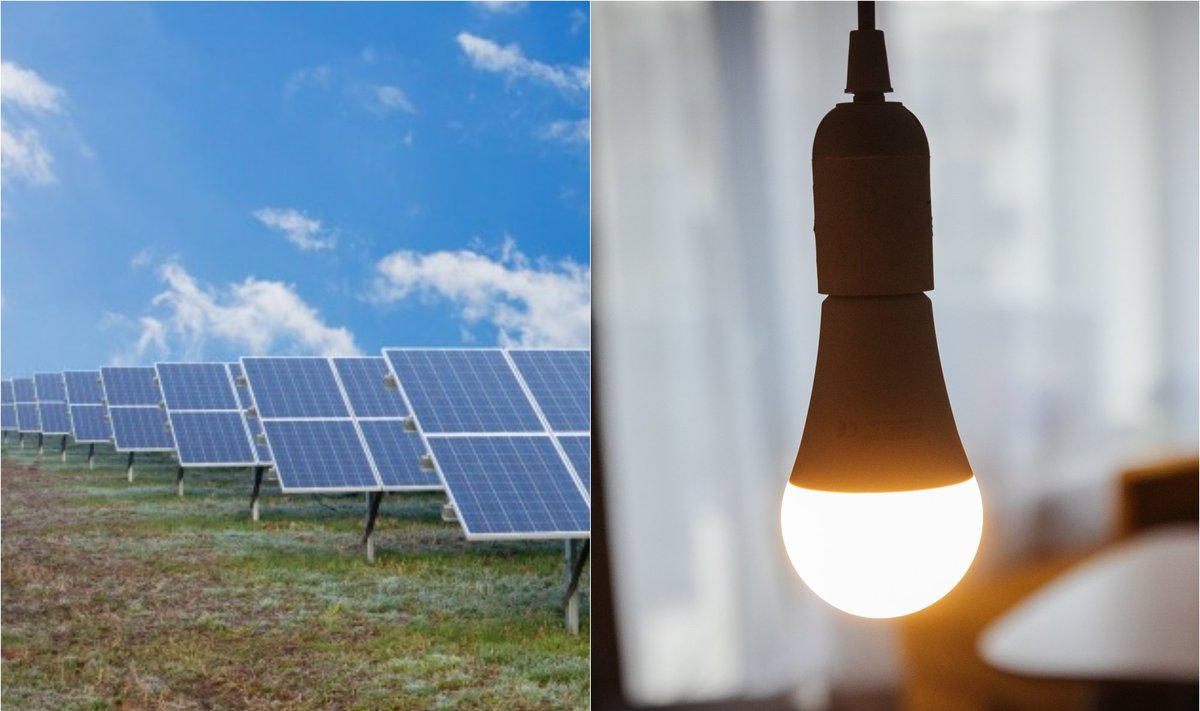Therefore, the bank says being ready to use its full range of advisory and financial instruments to support Lithuania in a just green energy transition.
“Lithuanians believe that further developing renewable energy should be a priority in fighting the global energy and climate crisis,” a press release from the bank quoted EIB vice-president Thomas Ostros as saying.
According to the survey, 71 percent of Lithuanians believe that consumption of energy and goods should be reduced drastically in the coming years in order to prevent a global catastrophe.
Moreover, 76 percent of respondents feel that the government is reacting too slowly, while 54 percent think that Lithuania will not succeed in substantially reducing its carbon emissions by 2030.
In addition, 28 percent of Lithuanians would accept capping the temperature in their homes at 19 degrees this winter. Yet, 25 percent of Lithuanians say that they already cannot afford to heat their homes properly.
Some 42 percent of Lithuanians think that in the short term the government should reduce energy-related taxes, whereas other measures are less popular, such as capping or regulating the prices of gas, oil and coal (28 percent), or giving out energy vouchers (7 percent).
While COVID-19 was considered the number one challenge for Lithuanians last year, concerns over inflation predominate now, with 67 percent now citing it as their top concern. Meanwhile, 64 percent of Lithuanians now say they feel the effects of climate change on their daily lives.
More than 28 000 respondents participated in the EIB survey in August 2022, with a representative panel of people aged 15 and above for each of the 30 countries polled.
